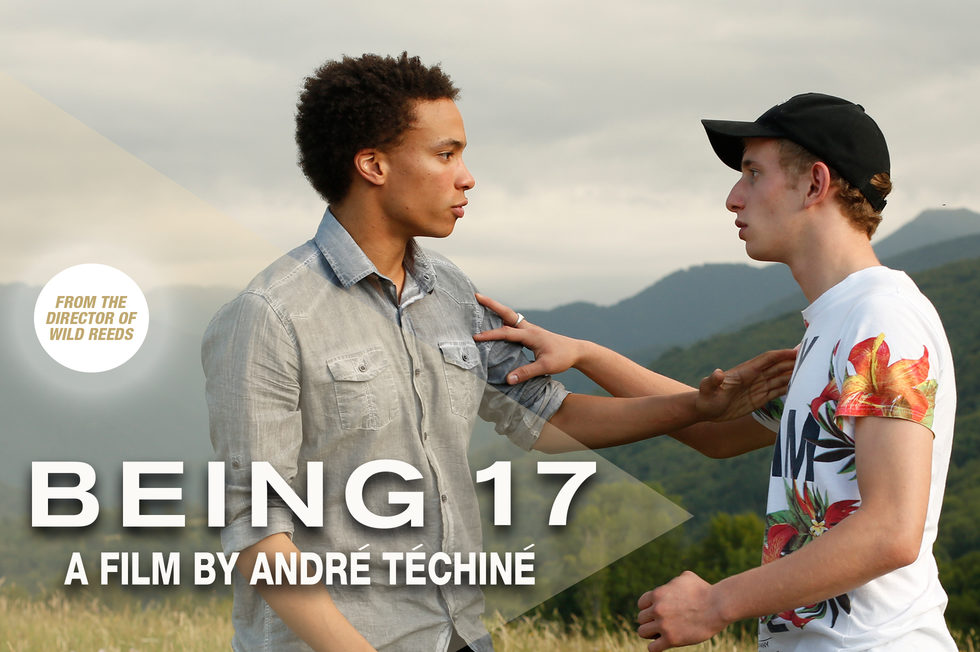They [Mexicans] brought their third-world ****hole here and while it’s a little bit better than what they had in the process of doing it they dragged us into the gutter with them.
What’s one more racist projection now when Alt Rightists give Nazi salutes and the President-elect’s consiglieres are (brutish or kinder/gentler) white supremacists? Acts speak louder than spew. Still, the line above jumped out at me because of where I came across it. Not at an Alt Right conclave or website, not in a bar or…locker-room, but in an email by a distinguished D.C. cardiologist, Dr. Oskoui, to a group who read and sometimes respond to William Greider’s Nation articles.

